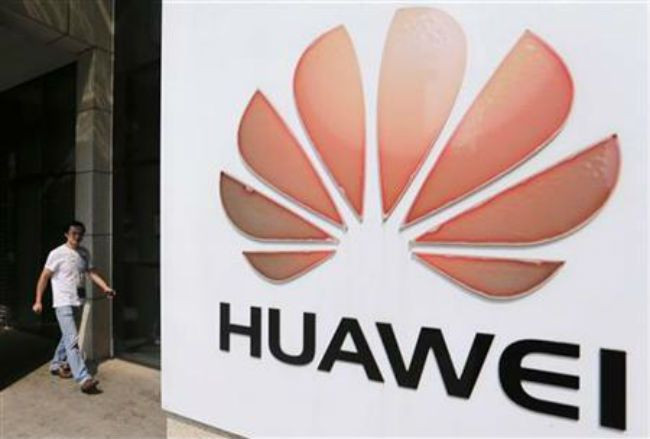Members of the Congress introduced a bill on Tuesday penalizing Huawei and other 5G companies for allegedly participating in a corporate espionage. If passed, the bill will include the Chinese company in the U.S. Treasury Department’s list of terrorists and drug cartels considered as threats to national security.
Republican Arkansas Senator Tom Cotton and Republican Representative Mike Gallagher of Wisconsin introduced the bill and won the support of both political parties in both chambers of the Congress. Signing the bill on Tuesday were Representatives Ruben Gallego, Liz Cheney, and Chrissy Houlahan, as well as Senators Chuck Schumer, Rick Scott, and Chris Van Hollen.
Officially called the Neutralizing Emerging Threats from Wireless OEMs Receiving Direction from Kleptocracies and Surveillance States (NETWORKS) Act, the legislation is aimed at addressing national security threats in the U.S. Senator Cotton said the bill also aims to level the playing field for technology companies operating in the U.S. by preventing other companies from dealing with Huawei.
“It’s time to sanction Huawei,” said Cotton. “For years, this arm of the Chinese Communist Party has stolen American intellectual property and violated U.S. sanctions with impunity,” he added. The bill will also block Huawei from accessing the financial system in the U.S. and will grant the U.S. president the right to issue a waiver in case the company is deemed essential to national security.
Huawei has been under fire in recent months for allegedly capitalizing on the coronavirus pandemic. In a statement earlier this week, Gallagher urged the U.S. government to cut ties with the Chinese company, describing Huawei as a “malevolent actor” in the industry.
“It’s clear that in order to protect global 5G networks, we need a full court press against malevolent actors like Huawei,” said Gallagher. “It’s time to go on the offensive by cutting Huawei out of the U.S. banking system,” he added.
In 2019, the U.S. issued measures blacklisting Huawei due to its potential to present a grave national security risk. Under the executive order, businesses looking to transact with Huawei would need to obtain government approval for their transactions as lawmakers and intelligence officials claimed that the Chinese government might exploit the telecommunications giant for espionage.

© 2025 Latin Times. All rights reserved. Do not reproduce without permission.



